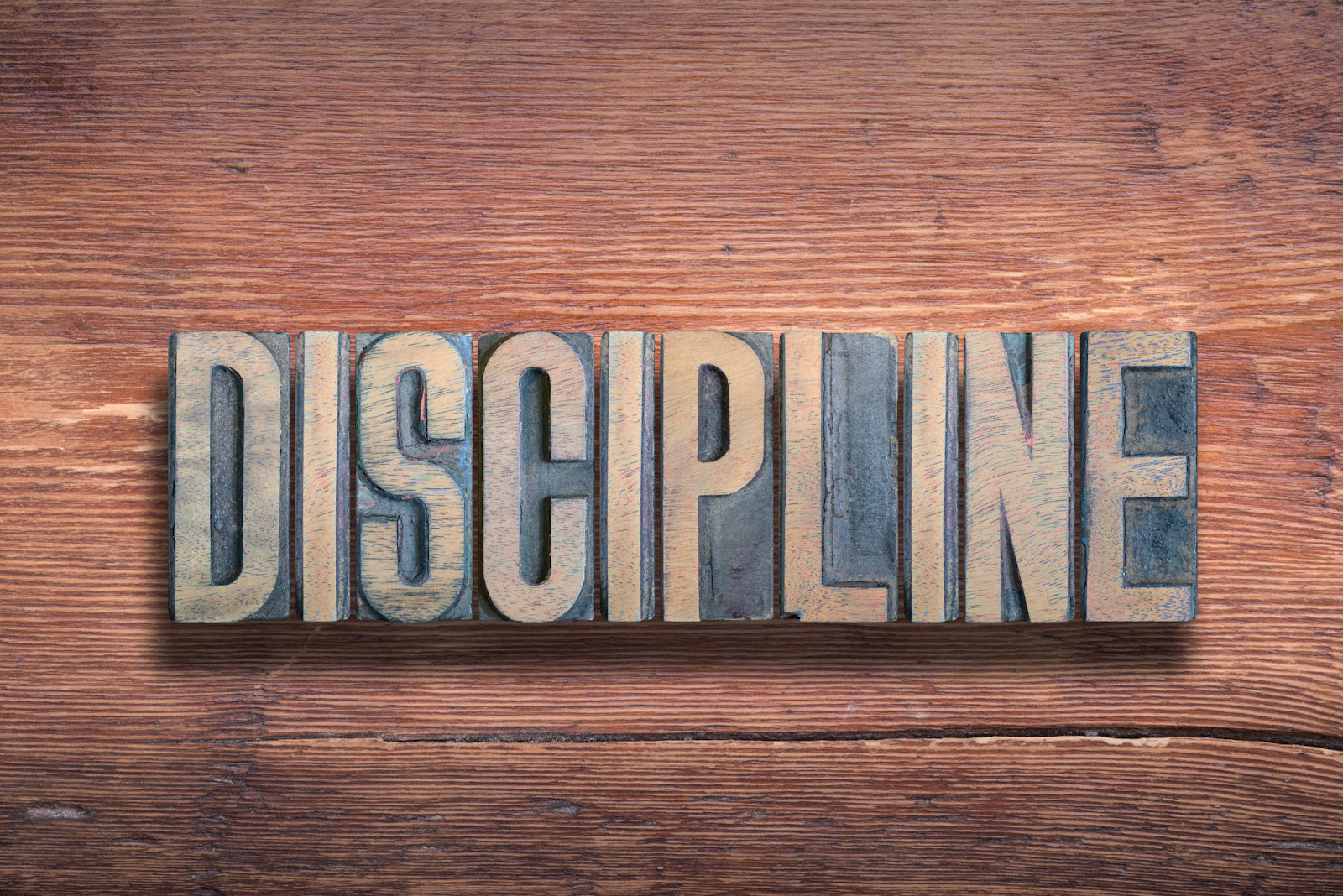How To Write A Novel (Successfully)
Learning how to write is easy once you get enough experience in doing so. People might think writing is hard, takes a lot of brainwork, only intelligent people can write books, etc. No, it isn't. Anybody can write if they try.
THE BASICS
To write a book, the first thing is to have a strong English (if you are writing in English, that is).
Vocabulary
Vocabulary is a vast ocean through which you can swim on and on and it just keeps going since there are a million words out there which simply one dictionary cannot hold. You can keep improving, though. To do this, you need to read more, practice writing, and explore more dense English books. There are things known as "figures of speech" which add more beauty to your writing (I will delve deeper into figures of speech in a bit).
Sentence Formation
Words form phrases. Phrases form sentences. Sentences form paragraphs. Paragraphs form essays. Essays form pages. Pages form a book.
Hence, you should not just stop your practice at vocabulary and figures of speech. You must strengthen your grammar and sentence formation.
This is just an introduction to what you need to keep improving on to make your writing better. Now, let us know more in detail about how to beautify your writing.
HOW TO MAKE YOUR WRITING MORE INTERESTING AND APPEALING TO YOUR READERS
Figures of Speech
Sentence 1: The forest was scary. I did not have a clue on where I had to go. It was already midnight, and I couldn't see anything.
Sentence 2: The forest seemed to be bearing down on me like a monster. The shadows of the trees wound around in a snake-like manner. Owls hooted above my head and ravens swooped down, their cries reverberating around me. I turned around frantically, looking for a way out in the dead of the night. The darkness pressed on my eyes and did not let my vision work.
Which write-up was better?
Of course, the second one.
The first writing simply stated everything in a bland manner (The forest was scary). On the contrary, the second one described and painted a vivid image of the scene to the reader (The shadows of the trees wound around in a snake-like manner).
The second paragraph used more figures of speech. There were similes ("like a monster", "snake-like manner"), onomatopoeia [sound imagery] ("Owls hooted", "their cries reverberating around me"), personification ("The darkness pressed on my eyes and did not let my vision work").
Let us look into these in detail.
Simile
A simile is a figure of speech that directly compares two things, that are completely different, using the words like, as, etc.
For example:
- He ran as fast as a cheetah.
- That t-shirt is as red as a rose.
- The neighbor's dog eats like a hungry lion.
Metaphor
A metaphor is a figure of speech that states that one thing is the other.
For example:
- He is the Pythagoras of the class.
- She is the Taylor Swift of our family.
- You are the new William Shakespeare.
Personification
Personification is the attribution of a personal nature or human characteristics to something non-human, or the representation of an abstract quality in human form.
For example:
- The old chair groaned whenever people sat on it.
- My legs are crying for rest.
- The sun smiled down at them from the sky.
Anthropomorphism
Whew, long word! Break it down: Anthro-po-morph-ism. It is almost the same as personification, except this specifically refers to animals. Anthropomorphism is the term used to refer to the personification of an animal.
For example, in movies such as The Lion King, the animals are given human traits, such as speaking.
Onomatopoeia
Another long word, eh? It is pronounced as ono-mato-pia. Onomatopoeia is the formation of a word from a sound associated with what is named.
For example:
- hoot
- cry
- squeal
- scream
- sizzle
- grumble
- moan
- groan
- mumble
- mutter
- bang
- slam
- rustle
...and so on.
DIFFERENT TYPES OF WRITERS
Plotter:
A person who plots and plans their entire story before writing is called a plotter.
Panster:
A person who does not plot their story beforehand, but write with the flow, is known as a panster (me!).
Though, these are not the only two types. There is a hybrid of both a plotter and a panster which is known as a plotser.
NOW, HOW DO I WRITE A BOOK?
I will share to you all the methods with which I write a book.
1. Ideas. Do not let go of an idea when it strikes your head. It can open doors for your imagination.
2. Title. I usually prefer to write a title at the end of a book. This is because if I stick to a title, I end up restricting my ideas and imagination only to that title. Since I am a panster, I prefer not sticking to a title because sometimes my book's plot turns out better than I had started it with, since I write with the flow.
3. Characters. Give flaws to your story's heroes and human traits to the villains. For example, there is a hero in your book who has many amazing traits that make him likable. If he has a personality flaw, it makes the character more tangible and realistic, which will make your reader relate with him.
Similarly, if you have a very dangerous, ruthless, stone-hearted villain in your book, humanize him to a reasonable level. This is because not everything can be "good" or "bad". Giving your characters a "grey area" makes them more realistic and multifaceted.
Also, know more about your characters and their relationships than you will ever write in your book. This will also make them more real.
4. Show, don't tell. If the villain is dangerous, don't just say he is "deadly". Show it. Make the villain commit sad murders, thefts, emotional abuse, etc. If the character will lose his family if he does not make the right decision, show how sweet and strong the family's bond is. This makes the reader feel the importance of the loss that might be experienced, and they will care about your character or the plot.
5. It is okay to have multiple genres. Your book does not have to be completely horror, completely murder, or completely romance. It can have a pinch of all.
Keeping these points in mind, you can start writing a book RIGHT NOW! You do not have to stick to this information. You can always create your own systems. And don't expect your book to turn out to your expectations on the first try. You can always make it better.
HAPPY WRITING!!! 😉



Good
ReplyDeleteNice
ReplyDeleteThese are really great tips! Thank you!
ReplyDeleteAwesome.. well written can include sources or references or quotation & citations too..
ReplyDeleteThank you 😁 I tried to find sources but most of it is from my own ideas :)
Delete